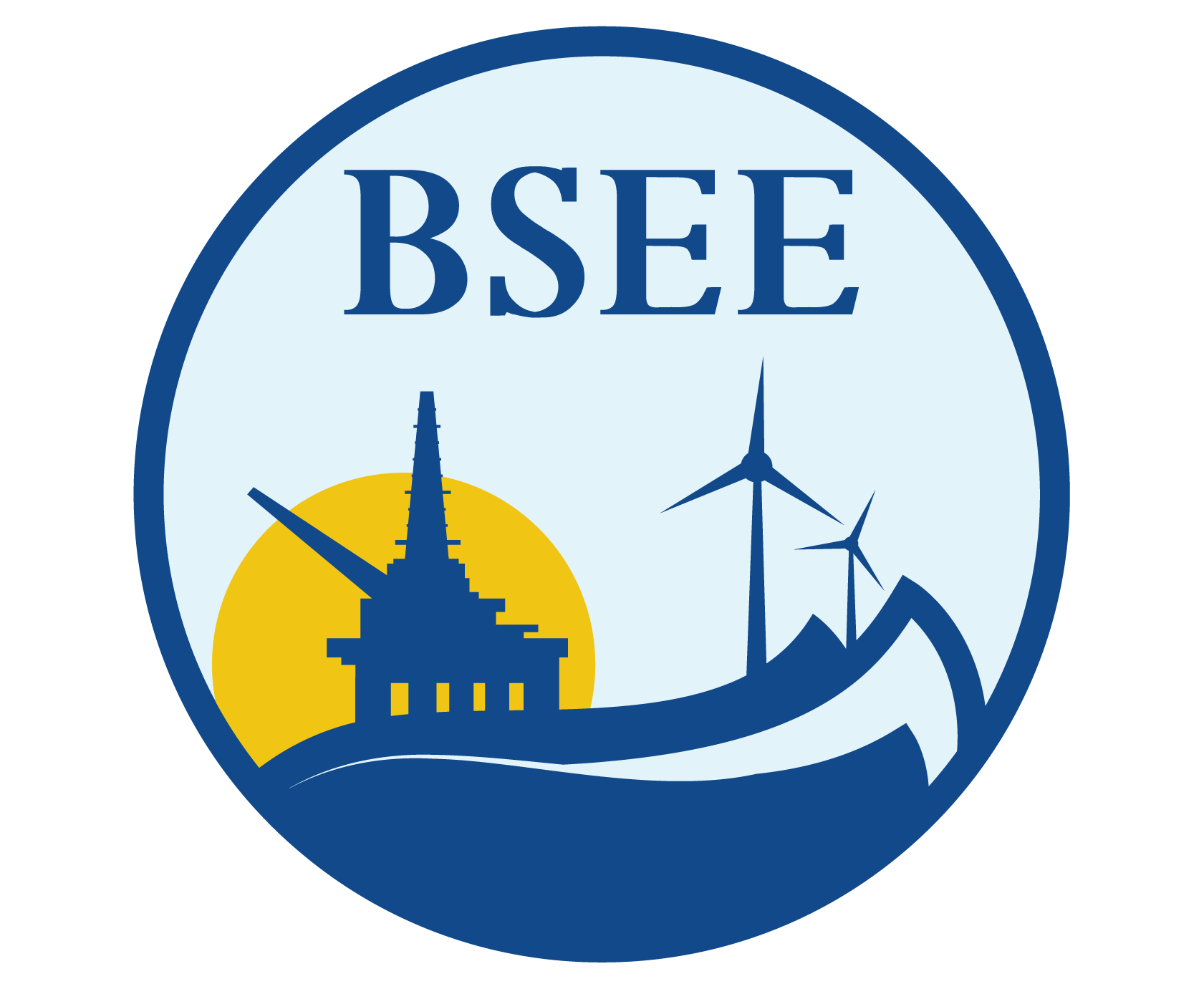Experimental Validation of Well Control Procedures in Deepwater
The JIP improved the knowledge in gas kick behavior along the entire well in deepwater situations. The project used an experimental well to simulate the deepwater environment. Petrobras used the well to simulate various drilling scenarios to define appropriate well control procedures.
